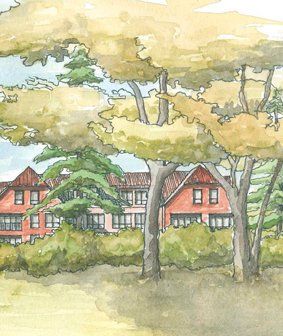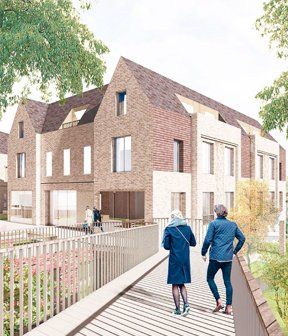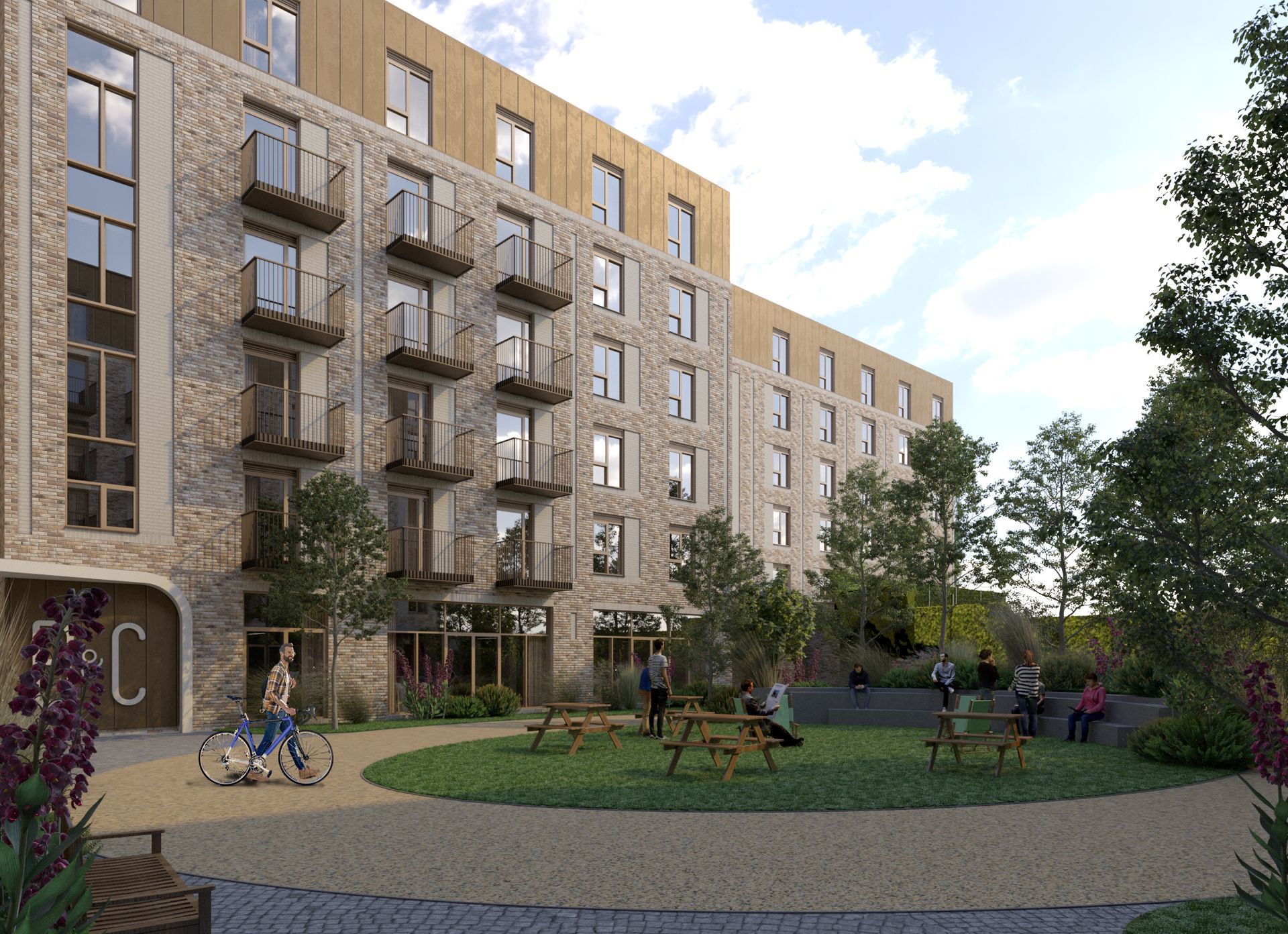Our Sectors
Brundell Property’s approach is to work alongside our development team, which consists of planning consultants, architects and specialist consultants so that we can achieve a positive planning decision every time within each sector.
What We Offer
Brundell Property combines off-market land acquisition, legal, architectural and site development through the talents of each individual within the company.
Recent Projects
When planning is achieved, Brundell Property is able to deploy significant capital to enable a swift land purchase. We will then instruct our construction team to start the build process.
News
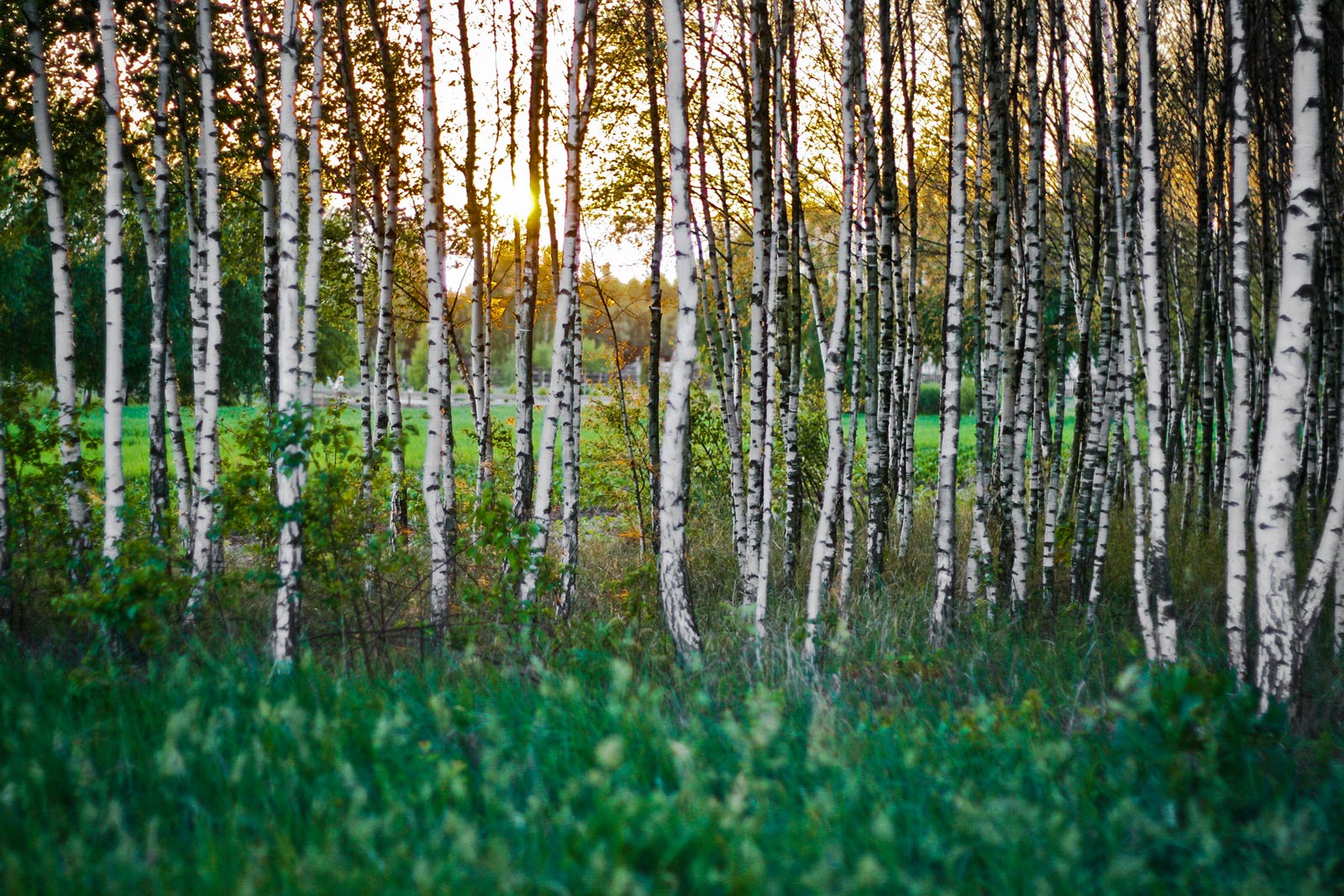
Brundell Property Group has submitted an outline planning application to build a new purpose built 85-bed care home with a variety of facilities in West Hill, East Grinstead. The care home proposals will contribute towards the identified requirement in the area for a further 665 care units by 2030. The plans include 85 care and accessible studios with state-of-the art facilities within the complex. With 1.2 hectares of land, it will also provide outdoor areas and communal gardens. Other modern facilities include a cinema, spa and treatment rooms, as well as a café, restaurant, and village hall to offer spaces for various activities. All of which is to create a feeling of community and wellbeing for residents. Brundell Property Group is looking for a partner to develop and operate the scheme. Find out more by contacting the team! E: info@brundellproperty.co.uk
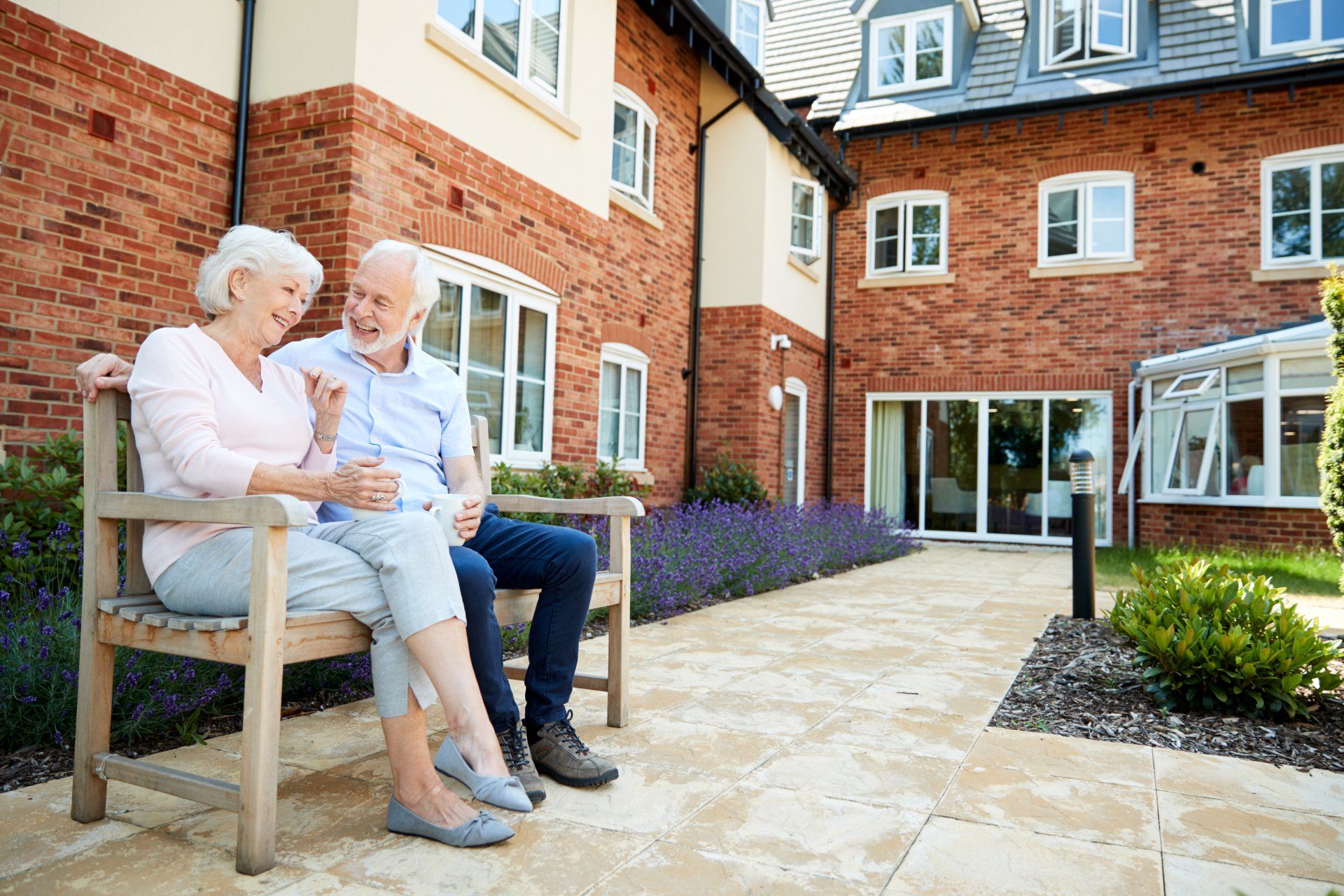
This time last year there was doubt that the UK high street would survive much longer. It was already struggling due to the rise of online shopping and then suddenly Covid struck. A record number of shops closed their doors for good, some stores that had been a significant presence on our high streets for over one hundred years. Things were looking rather glum for high streets across the UK but suddenly their fortunes seem to be changing. High street stores are being replaced with crazy golf courses, gyms and student flats. However some areas of the UK are replacing offices and empty stores with retirement homes. One such development has been built near Clapham and Balham high streets, a purpose built apartment block aimed at the older generation. This development is not a one off either as there are many planned up and down the country, bringing hope for regeneration of the high street. Local planners hope that if more people come into town centres across the UK then regeneration can flourish. Regeneration is not the only upside, it also offers much needed housing for the over 65’s who can live in urban locations rather than on the edges of towns or cities. Also these over 65’s are often downsizing from larger properties and have an awful lot of housing equity to their name, equity that they will most probably spend on the high street. Most people will have noticed that the UK high street is not what it once was. Many large shopping centres are now sitting empty and are often an eye sore. Plans are now underfoot to convert these empty shopping sites into another use. Last year saw the demise of House of Fraser, a department store with sites on high streets up and down the UK. One such former site in Reading has been converted into a crazy golf course, a bowling alley and also a food hall. The same has happened to a former BHS store on Oxford Street in central London, this has now been converted into a food hall and a golf centre. However for these new busines sites to thrive there needs to be more housing sitting alongside them. Traditionally retirement homes were located on the fringes of towns and cities within gated communities. This is set to change as developers are looking at redeveloping office and retail sites that are currently vacant to change their use for the over 65’s. During the height of the pandemic developers said that there was a large jump in inquiries for retirement housing, largely due to older people feeling very lonely and isolated. A thinktank called the Social Market Foundation believes that retirement housing could play a key role in the regeneration of our high streets, especially if there is a reduced need for office and retail space after the pandemic. Between January and June 2021 there were 11,120 closures of chain stores whilst only 5,119 actually opened. The closures were double the amount of the period the year before. If these stores remain permanently closed then the footfall on the high street will inevitably decline. Therefore it seems that the idea of converting parts of our high streets in retirement housing might actually be the saviour of our high streets across the UK.
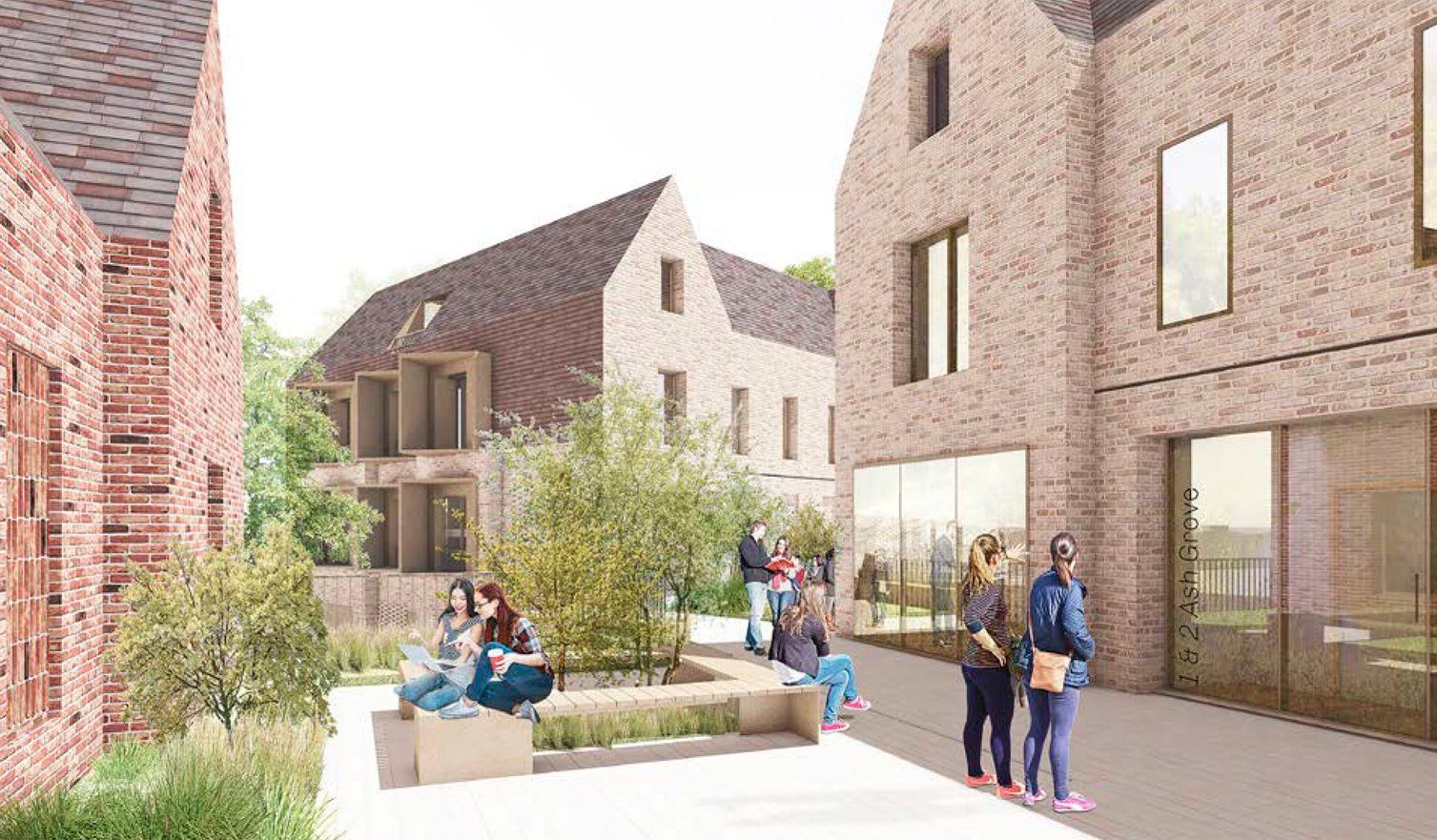
Times have changed for students in recent years. Gone are the days when your student hall room boasted a narrow single bed, MDF desk, cheap economy carpet and the fight for the bathroom in the morning. Today’s 18 year old student can look forward to a life of luxury in comparison. In the last ten years purpose built student accommodation (PBSA) has sprung up across the country, offering today’s student their own personal studio flat where they have their own kitchen and bathroom within their room… However this luxury student lifestyle comes at a cost, especially if you study in the capital. Studios in London have hit a high of £568 a week for a premium studio and is currently let out but this is significantly more than the majority pay. Although London has the most expensive student halls in the country there is also many hundreds of other student halls being built across the country. In fact 287 new purpose built student halls were opened in time for the new 2017 academic year. Sheffield, along with London, saw the greatest increase of private stock. Investors, unsurprisingly, are rushing to back this sector with an estimated £5.3billion to be invested in 2017, 17% more than in 2016. However developers are finding that it is becoming more and more difficult to find the land to build student blocks on with some saying that certain towns and cities have reached saturation point. In fact the growth of student housing in the UK is determined more by the constraints on finding a site to build on rather than a lack of students to fill the rooms. However the purpose built student accommodation market continues to be one of the most attractive markets in real estate for investors. Overseas buyers are bringing an influx of capital due to the value of foreign currencies against the British pound. Investors have come from Russia, China, Singapore and the Middle East this year. The UK student accommodation sector is also resilient to concerns in regards to Brexit, just as it did during the economic downturn, which is very attractive to overseas investors. The sector has grown 37% since 2014. Paul Brundell from Brundell Property said “We have seen a massive growth in purpose built student accommodation and we will continue to see this growth as long as it stays the main choice for all university students.” Councils across the country are also keen for these purpose built student accommodation blocks to be built, as they free up private rental sector homes for families. The introduction of PBSA into a number of locations across the UK could see around 77,000 homes come back on the market for families, significantly contributing to housing targets for councils. The student blocks being constructed do not just offer studios within them but also en-suite pods and cluster flats, for those student who don’t mind sharing a bathroom. However all of these blocks offer something luxurious to today’s student, such as gyms, cinemas, cafes, roof top nightclubs and some even have a concierge. So who is staying in these student blocks? A lot of rooms are rented by wealthy overseas students, who regard the UK as offering high standards in education and with the emergence of English as the international language of business, an education here is very appealing. The UK now has the second largest number of enrolled international students in the world, in some of the top UK universities there are as many as 30% of the students that are foreign. It is these students who are willing to pay any price so that they live the UK university experience. This increase in international, along with domestic, students means that universities need to offer high quality student accommodation, which PBSA offers. PBSA allows international students to shop around for accommodation before they arrive in the UK as they can view and book all of their accommodation online. In 2016 the UK attracted 112,000 full time students from within the EU and over 285,000 from other foreign countries. It is thought that international student numbers will increase by 6% per year over the next three years. In fact Chinese student numbers have nearly doubled over the last ten years to 14,000 students. So which towns and cities are in the strongest demand? Top of the list is Bath due to strong demand characteristics, good prospects for rental growth, high occupancy levels and strong rents. In second place is Birmingham, followed closely by Brighton, Bristol, Edinburgh and Exeter. Three new cities moved into the top ten cities in demand for student housing, namely Exeter, Guildford and Leeds. Liverpool however has slipped down the rankings due to worries that the city may be oversupplied. Britain’s towns and cities have had their streetscape changed forever due to this boom in PBSA and the trend does not look as if it is going to slow down anytime soon.

